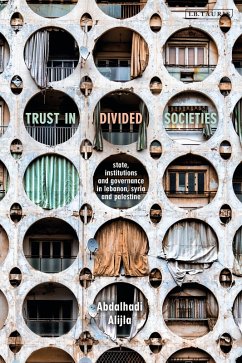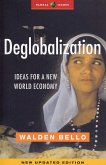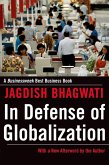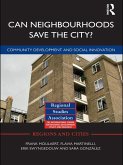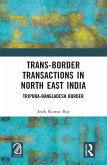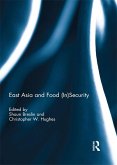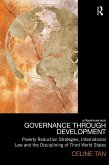When countries try to navigate through the aftermath of conflict, trust is the main focus and the catalyst for rebuilding societies, nations, economies and democracies. Trust is vital, not only at an individual level, but also at a community level: trust is important to sustain peace and also works as a trigger to end conflicts. But why are some divided societies more prone to the collapse of social trust than others?
This book uses empirical and case study research, including qualitative comparative analysis (QCA), statistical methods, observations and interviews, to compare which policies and institutions to build trust have a greater impact on divided societies in the Middle East. The book focuses on Lebanon, Palestine, and Syria, but analyses the results from these societies by also comparing other political and ethno-religiously divided societies beyond the MENA region.
The book does not want to forward a universal 'theory' that gives us the origin of trust and how it is destroyed. Rather, it aims to provide a comprehensive explanation of generalised trust in divided societies and answer the question: under which institutions is generalised trust in a divided society maintained or destroyed, and how does this happen? Of key importance to Abdalhadi Alijla is to highlight the formal and informal institutions that inspire an elevated level of trust to help make societies less vulnerable to internal conflict, and also to give voice to the real people who live and experience divided societies.
This book uses empirical and case study research, including qualitative comparative analysis (QCA), statistical methods, observations and interviews, to compare which policies and institutions to build trust have a greater impact on divided societies in the Middle East. The book focuses on Lebanon, Palestine, and Syria, but analyses the results from these societies by also comparing other political and ethno-religiously divided societies beyond the MENA region.
The book does not want to forward a universal 'theory' that gives us the origin of trust and how it is destroyed. Rather, it aims to provide a comprehensive explanation of generalised trust in divided societies and answer the question: under which institutions is generalised trust in a divided society maintained or destroyed, and how does this happen? Of key importance to Abdalhadi Alijla is to highlight the formal and informal institutions that inspire an elevated level of trust to help make societies less vulnerable to internal conflict, and also to give voice to the real people who live and experience divided societies.

